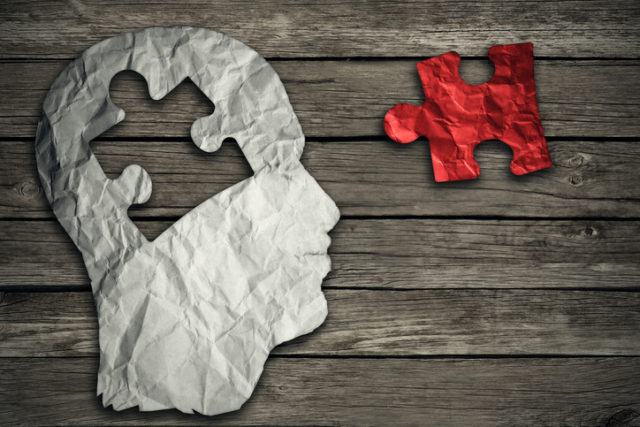
One in 10 Americans believe their mental health has worsened over the last year, new CVS Health data shows. But six in 10 physicians say they’ve noticed their patients’ mental health deteriorating, revealing a disconnect between what patients think about their health and what their physician thinks.
“Some of this is that people are just getting used to having their mental health being impacted, whether that’s an increase in anxiousness or fear, or anxiety or situational depression,” said Cara McNulty, president of behavioral health and mental wellbeing at CVS Health.
The data, released Monday, came from a survey done in partnership with the Harris Poll. The survey was conducted online between March 7 and March 24 and included responses from 3,400 consumers, physicians and pharmacists.
The survey also found that while 42% of respondents are concerned about their mental health, only 12% are seeing a mental health professional, such as a psychiatrist, psychologist, psychotherapist or wellbeing therapist. Younger respondents are especially struggling: 60% of those aged 18 to 32 years old are concerned about their mental health.
Part of this could be social media. About six in 10 younger adults said that social media has hurt their mental health, versus 22% of those aged 57 and older.
“You can look at a group of 18-year-olds sitting together or eating together and they’re often all on their phone,” McNulty said. “But that’s how they’ve learned to communicate, and yet they feel more lonely than they ever have. They often feel more isolated and have experienced struggles with technology because often what they see is everybody’s perfect. … These young adults start comparing themselves and getting wrapped up in the fact that they don’t look like others they see.”
While social media may be negatively impacting young adults’ mental health, technology and social media is also helping them receive help, the survey showed. About 30% of those aged 18 to 32 said they rely on the internet and social media to find mental health information, six times more than those aged 57 and older. Adults aged 33 to 40 years old also find digital health beneficial when it comes to behavioral healthcare, with 85% saying it has made care more accessible.
CVS Health has ramped up its mental health strategy in recent years, including providing depression screenings at 1,100 MinuteClinic locations. Some MinuteClinics also have access to in-person and virtual mental health support. In addition, its Beauty Mark Initiative uses natural, unedited photos on marketing materials to support self-image.
The company also provides mental health resources on its website, along with resources geared toward the LGBTQ+ community, who are especially in need of support.
Other retailers are providing mental health support as well, including Walgreens, which has website of resources. Startups like Woebot, Brightline and FOLX are also gaining traction by supporting people digitally.
Photo: SIphotography, Getty Images








